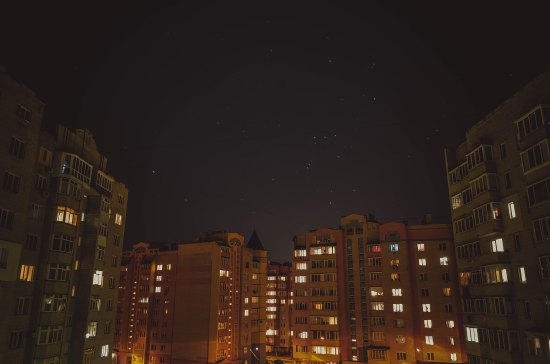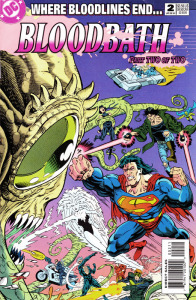
Quote: Darkness promotes speech. Light is silent.
—Alberto Manguel, The Library at Night
Blackouts before smartphones left people to entertain themselves without relying on sight. Night before electricity, too. Sure, we’ve had fire in some form for a million years, but as a communal means of subduing the elements, encouraged by need, not by fancy. In darkness, we talked to battle fear, to commune with the dead, to exchange information, and to tell stories. We talked to others, to ward off loneliness; failing that, we talked aloud to ourselves.
It’s only recently that we’ve found ways to communicate in silence, from darkened rooms, and at a distance, but even then we are reduced to two options: written word or spoken word. Only speech requires not a ray of light.
Vision is the sole sense we can extinguish at will, outside of sleep. But when the eyelids do come down, our consciousness doesn’t vanish, we continue to think, to be with ourselves, within ourselves. If anything, the temporary blindness cements us within the bastion of ourselves, drives us deeper, allows us to contemplate because our primary input source is unavailable to disturb or distract us.

I can offer no answer as to what constitutes consciousness biologically, beyond thumbnail images of brains with blood-engorged regions marked red, or images of neurons as sparklers fumbling synapses in the hope of a meritorious chemical handshake (big words, of little explanatory help when writing said big words). However, I know what I would describe as the first manifestation of consciousness in my mind: it is my internal voice.
Because I am a visual learner, I can happily talk about the mind’s eye and canvases of colour, scenes with details, entire environments that I can rotate and zoom in on. But to make conscious what I am visualising, I need to narrate it. Think:
f r a g me n ts of internal thought
CACOPHONY
polyphony
and occasionally a monophony.
I doubt there is ever silence; the subconsciousness probably roars unheard at all times and sleep just masks the noise as dreams.
Perhaps my metaphor is wrong: perhaps what I am hearing isn’t an internal voice, but an internal (seventh?) sense that is poured into the only medium I have for transmitting complex thought—language—and therefore forcibly described as my primary emission system for language, which is my voice. Or perhaps I am influenced by the metaphorical meaning of voice as conscience or there being a voice of conscience (dating from 1600).
Personal experiences aside, there is a literary tradition of blind poets and writers. Homer, Milton, Borges. They were successful despite (some would even say due) to their visual impairments. Indeed, Borges makes it out to be an almost romantic affliction when he writes that gradual blindness is not tragic. It’s like the slowly growing darkness of a summer evening. It could be that the dimming light—at least in those minds already poised to garner literary fruits—encourages the inner voice. Manguel actually expands on the Quote elsewhere in The Library at Night:
In the light, we read the inventions of others; in the darkness, we invent our own stories.
This might be why our most original stories are our dreams and our most original ideas come in moments when we are not actively seeing the world around us.
As November is for some the month of writing (NaNoWriMo), I’d like to end with a consolatory quote for any struggling daydreamers and procrastinators. (The quote is from Manguel’s book; the source is his conversation with Borges!)
“To imagine the plot of a novel is a happy task,” Borges once said. “To actually write it is an exaggeration.”
So close your eyes and take your hands away from the keyboard—let your imagination embrace the darkness, unharnessed.

Some things appear more magical in the dark
Share this:




